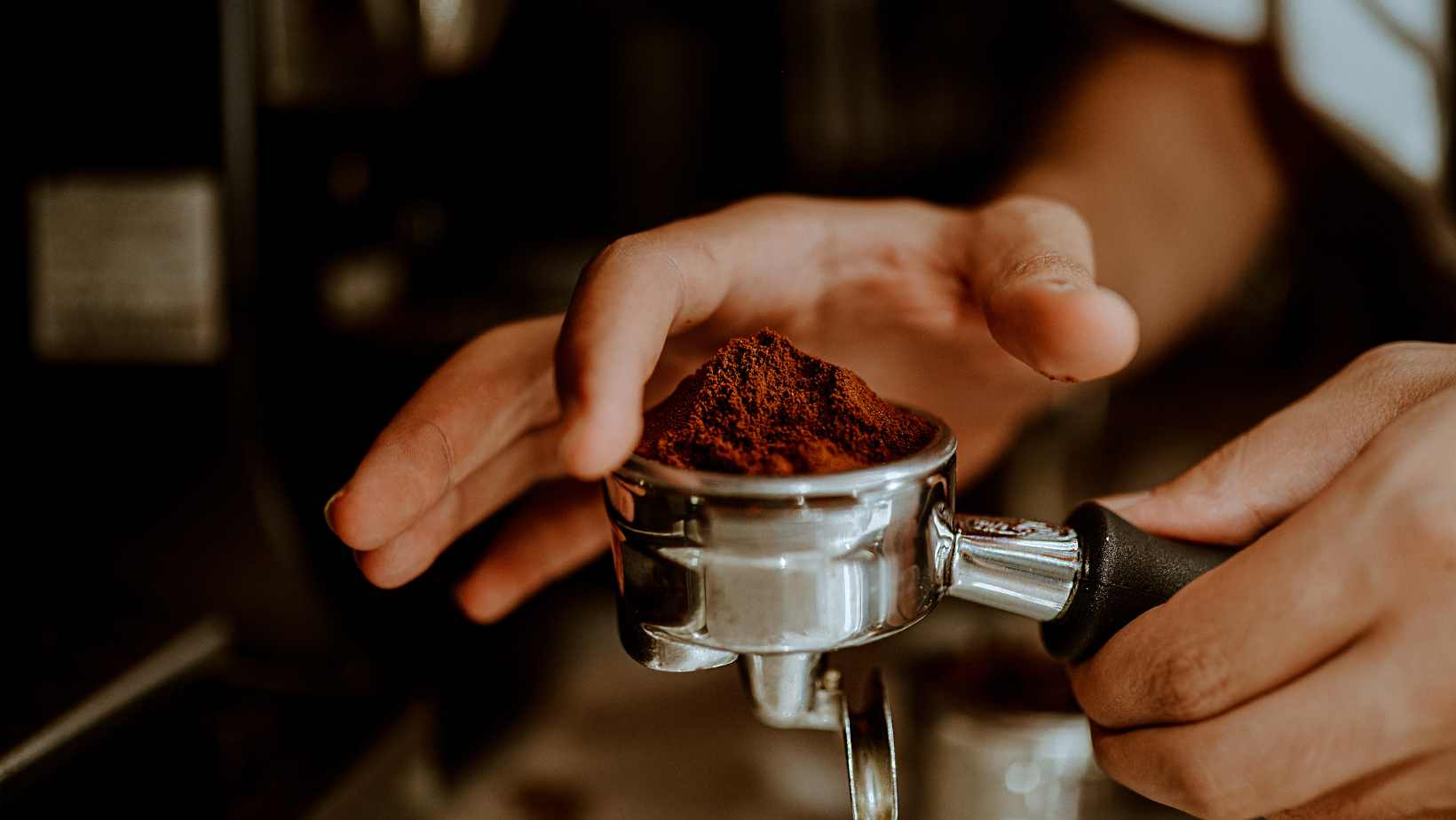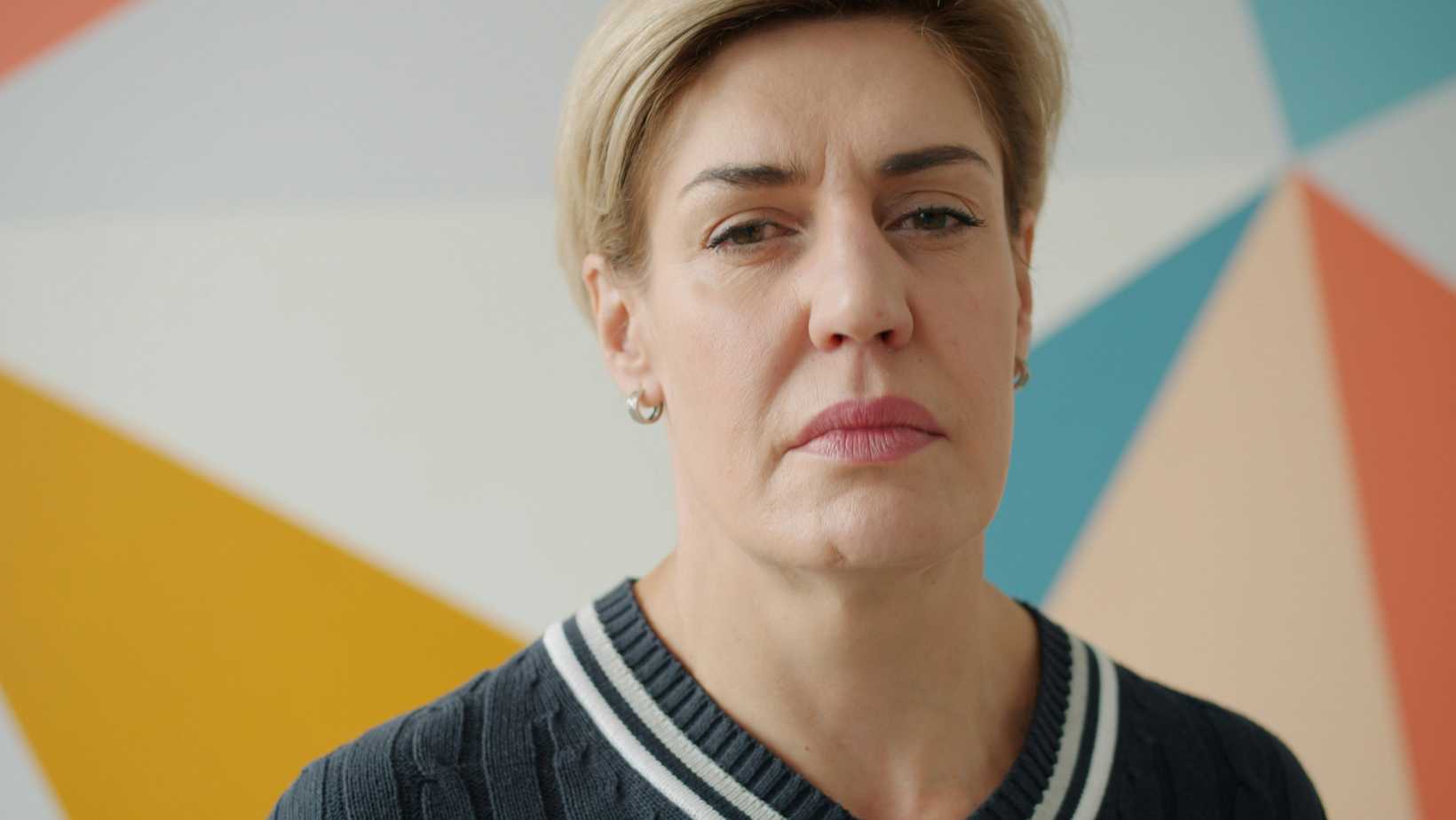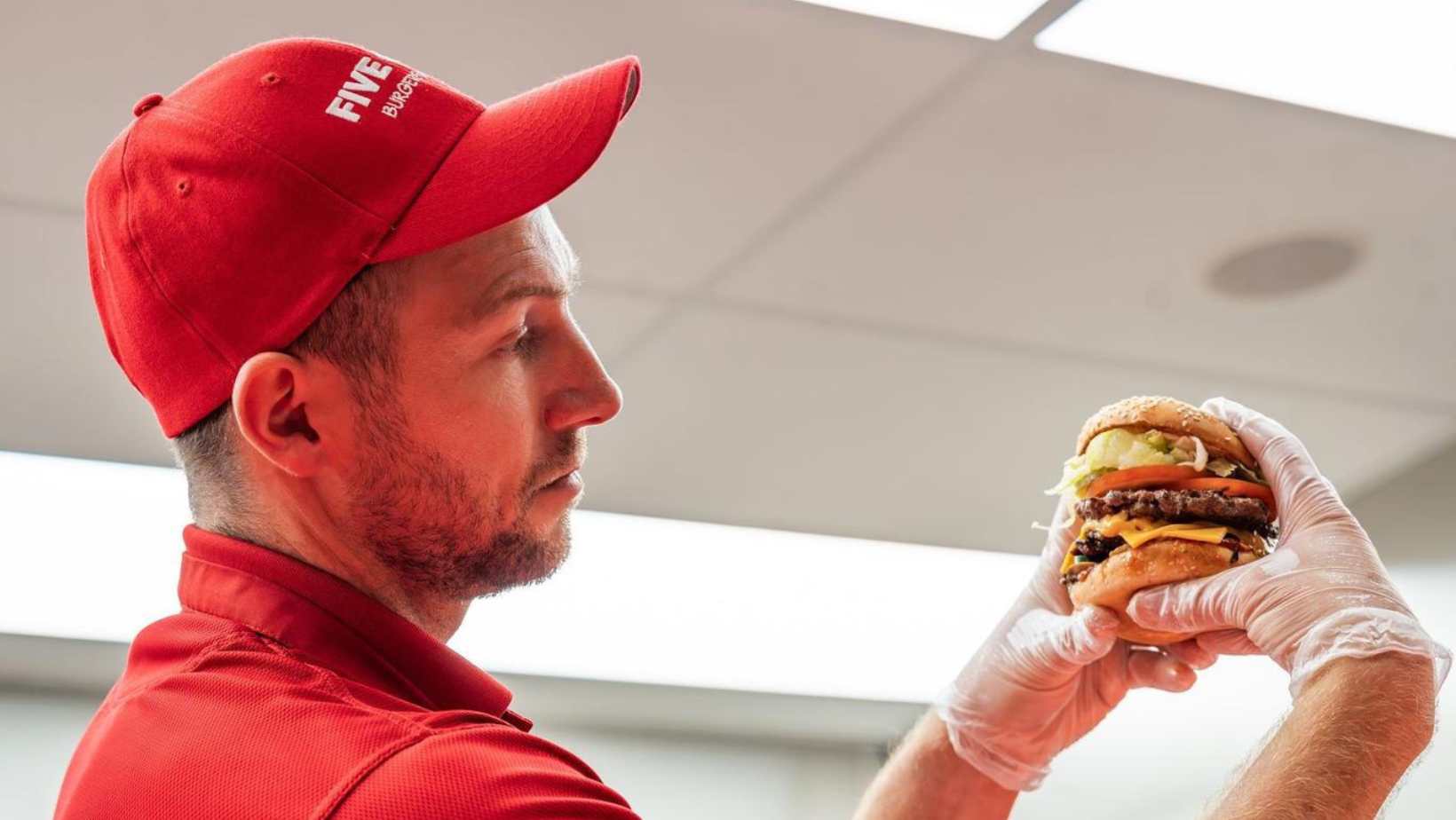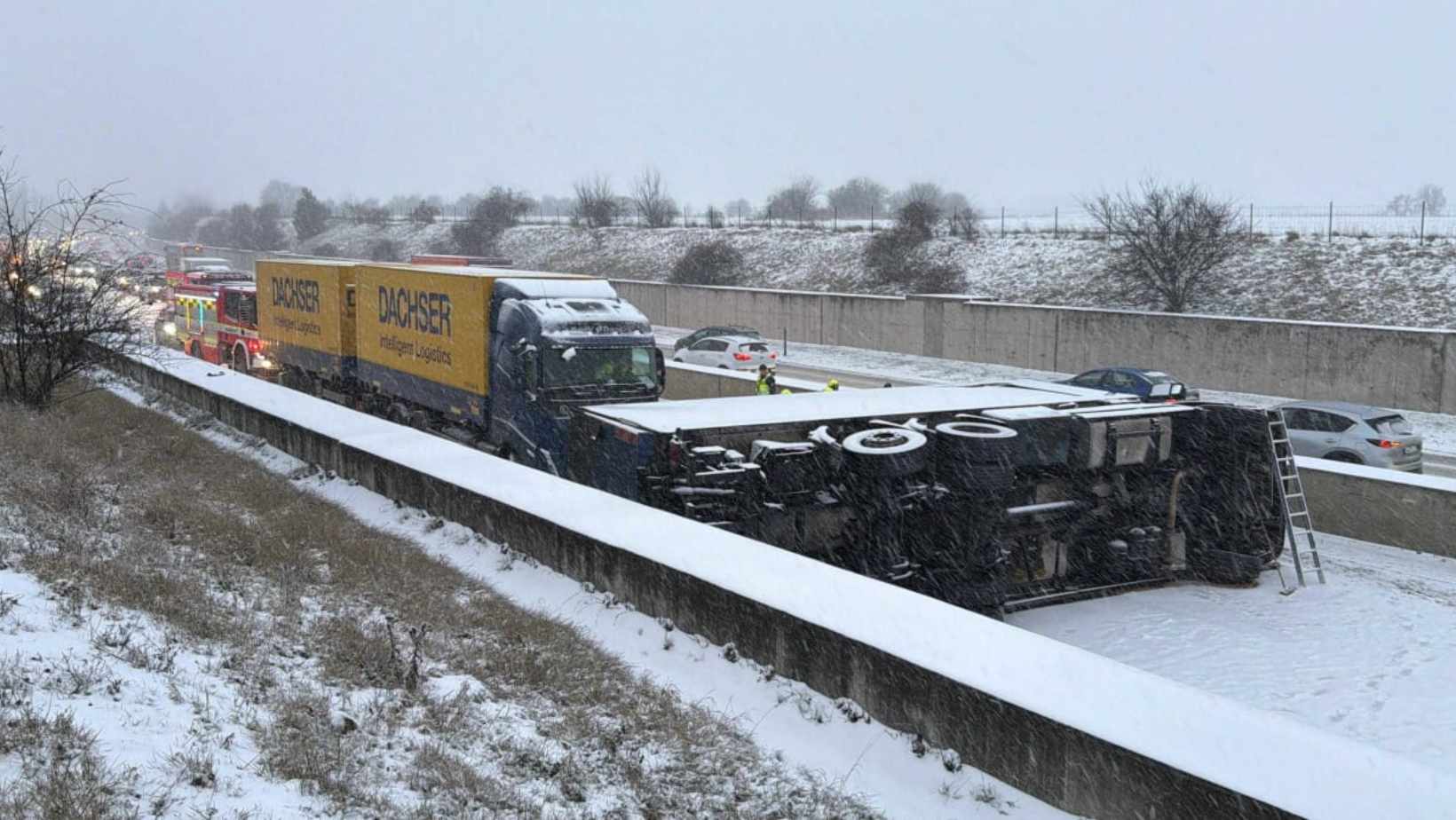Coffee Prices in Czechia Surge by 46% Since 2015
Prague Morning

Coffee prices have surged to record highs in recent years, with the trend showing no signs of slowing down.
Increasing global demand, coupled with a shrinking supply, has created concerns about potential shortages, warn analysts.
In the Czech Republic, the price of coffee has risen by a staggering 46% since 2015, compared to a 34% average increase across the EU, according to XTB data derived from Eurostat statistics.
“In the first eight months of 2024, the average cost for 250 grams of roasted coffee beans reached CZK 130, ten crowns more than in the same period last year,” explained Jiří Tyleček, an analyst at XTB.
He predicts that coffee prices could climb another 10% to 30% in 2025, affecting both retail costs and café offerings.
Global Factors Driving the Surge
The rising prices are driven by multiple global factors. According to Lubomír Kadaně, director of Fairtrade Czech Republic and Slovakia, the cost of Arabica coffee has soared to over $3 per pound—its highest level since 2011. A
prolonged drought in Brazil, the world’s largest coffee producer, has sharply reduced production, creating a ripple effect in global markets. “This reduced supply has driven traders to respond with significant price hikes,” Kadaně noted.
Adding to the burden, new harvests are now 30% to 40% more expensive per kilogram, said Adéla Ladman, manager of the roastery and online store Upraženo. While her company has limited price hikes to about 10% for select coffees, Ladman warns that widespread increases after Christmas may be unavoidable.
Rising Demand in Emerging Markets
As supply tightens, global demand for coffee continues to rise, particularly in Asia.
“The growing number of coffee drinkers in China and South Korea is pushing prices higher,” said Petr Lajsek, an analyst at Purple Trading. Additionally, coffee is becoming increasingly popular in South America and among younger generations, further straining the supply-demand balance.
Consumer preferences are also shifting. Where instant coffee once dominated, many are now opting for higher-quality coffee beans, fueling demand for home coffee makers. A recent ČTK survey revealed a 10% to 20% increase in coffee maker sales year-on-year, while barista courses are also gaining traction.
Environmental Regulations Adding Pressure
New EU legislation aimed at combating deforestation is adding to the cost of coffee production. Under the amended laws, coffee importers must ensure their products come from sustainably managed farms, driving up compliance costs for producers.
“Based on current predictions, 2025 may mark the first year where coffee consumption outpaces production,” warned Ladman, suggesting that coffee could eventually become a scarce commodity.
Would you like us to write about your business? Find out more
-
NEWSLETTER
Subscribe for our daily news









